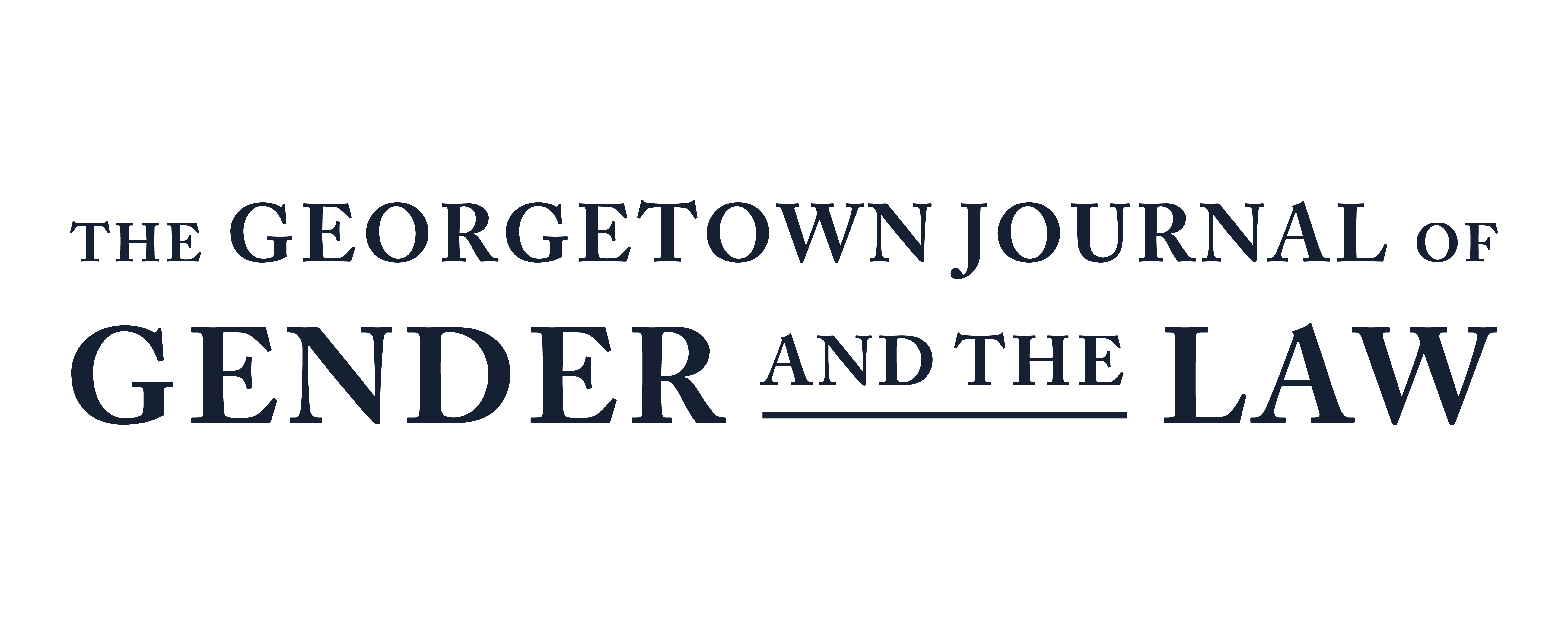Sex Work
Sex work has a long and lucrative history in the United States (U.S.) and around the world. Today, the multi-billion-dollar commercial sex industry encompasses a wide range of sexual services—some legal and others not— including pornography, stripping, phone and internet sex, and sexual services obtained in brothels, massage parlors, through escort services, or on the street. Until the nineteenth century, prostitution was generally legal in the U.S. and flourished in large cities. Sex work remains criminalized in nearly every state, though it continues to have an entrenched and visible presence throughout the country. In the past quarter century, and particularly since the COVID-19 pandemic, the U.S. has witnessed a dramatic growth in the commercial sex industry, with an increase in the privatization of commercial sex services. Internet technology led to a rise in phone sex, Internet sex, and escort services, allowing more Americans to purchase pornography and sexual services from private spaces than before. While increased privatization shields customers from police surveillance and arrest, it has not led to safer working conditions for all sex workers.
Often, police do not consistently enforce prostitution laws except against the most visible sex workers; these are typically street sex workers, who are disproportionately low-income workers, women of color, transgender people, and immigrants. For a discussion of how criminalization and disparate enforcement affects sex workers, Street sex workers are among the most vulnerable in the industry to robbery, rape, murder, arrest, criminal prosecution, and police harassment and brutality. Some indoor sex workers—including low-income workers in brothels and massage parlors—also face significant dangers, including isolation, fear of police raids, and lack of support services. The sex work industry is thus gendered, racialized, and complex, necessitating intersectional analysis of human rights, workers’ rights, criminal justice issues, public health priorities, and oppression related to race, class, sex, gender identity, and sexual orientation.
The sex industry includes both legal and illegal activities. The determination of the legal status of prostitution has been considered a reasonable exercise of state police power. Certain forms of commodified sexual activities, such as child abuse sex material, pimping, and pandering are criminalized in most states. Prostitution, generally understood to be the exchange of sexual activity for money or other financial compensation, is illegal in every state, with the exception of certain counties in Nevada, where the practice is highly regulated. Other acts, such as phone sex, stripping, erotic dancing, and adult pornography, are not explicitly prohibited, but are highly regulated by states. While this regime has remained relatively unchallenged in most states, recent efforts to decriminalize sex work, including calls from international human rights organizations such as Amnesty International, indicate popular reconsideration of the efficacy and equity of criminalization. Decriminalization campaigns have grown primarily from the sex workers’ rights movement, which has advocated for decriminalization of sex work since the late 1970s. The effects of sex work within the LGBT+ community present their own unique set of challenges. LGBT+ individuals are generally already marginalized because of their sexual orientation or gender identity. As sex workers, they are exposed to further scrutiny and a heightened risk of violence. Additional stressors, such as laws criminalizing commercial sex and other repressive institutions, can have long-term cultural and individual psychological impacts.
Part III identifies crimes related to prostitution, such as patronizing, pandering to, and procuring a sex worker, as well as the law surrounding sexual transmission of disease during these activities. In Part IV, this Article reviews the currently recognized and unrecognized legal defenses to prostitution. Part V outlines Nevada’s model of decriminalization and other efforts at the local level to decriminalize sex work. Part VI addresses constitutional issues raised by the criminalization of sex work, including freedom of speech, due process, and equal protection. Finally, Part VII concludes by presenting the current arguments and efforts for decriminalization.
Sex Work
